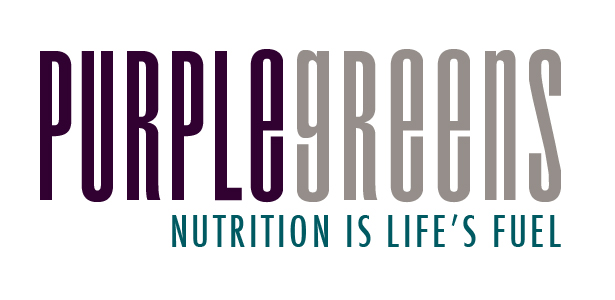Training programs aren’t just about logging miles of swimming, running or biking, but it’s about getting you to the starting line conditioned and healthy. We tend to spend countless hours running, swimming and biking, but we fail to dedicate time to ensure that our nutrition plan matches our training plan.
Although eating a healthy diet daily does not guarantee success, poor day-to-day eating accumulates and can literally stop you in your tracks. To make sure you are properly fueled for training, recovery and competition, it is essential that you incorporate a sound nutrition with your training program.
Know Your Macronutrient Numbers
Macronutrients are the nutrients received from carbohydrates, proteins and fats. Everyone’s needs are different based on their body type, intensity of training, duration of training, age, stress levels, and performance goals. As endurance athletes, we tend to over-consume carbohydrates and under-consume fats and proteins, based on the myth that only carbohydrates provide us fuel. This is a misconception and in fact too many of the wrong carbohydrates, such as processed carbohydrates and refined sugars, can drastically impact our performance.
Many athletes stay clear of fats in fear of gaining weight. However, fats can be used for energy and are important for absorption of fat-soluble vitamins A, D, E, K. Athletes with low-fat diets tend to be deficient of key nutrients such as calcium, zinc and essential fatty acids. A diet low in protein affects the recovery of our muscles. Although protein is not a primary energy source, prolonged exercise has been shown to breakdown amino acids (especially BCAAs).
Are you Hydrated, Dehydrated or Overhydrated
Endurance athletes are at a high risk for dehydration due to increased fluid losses during training and competitions, especially in extreme conditions such as warm weather, humidity and altitude. Mild dehydration (<2% body weight loss) is common in endurance athletes partaking in events lasting longer than 3 hours. Because fitness levels, sweat rates, and sodium loss vary widely among athletes, no “one-size-fits-all” hydration plan exists. To ensure optimal hydration, it is important to develop a hydration plan that’s tailored to your needs.
Overdrinking can be just as dangerous as under-drinking. As athletes we tend to think “more” is better, so we take on more and more water. Ingesting or retaining too much fluid, especially sodium-free fluids, such as water can lead to hyponatremia, Hyponatremia, is a condition that occurs when the concentration of sodium in our blood decreases to unfavorable levels. Basically, too much plain water dilutes the sodium in our blood. Low sodium levels can cause fatigue and muscle cramping. It’s a delicate balancing act with sodium, because too much sodium can cause fluid retention, making us feel bloated.
Are You Electrolytes Balanced?
Electrolytes, such as sodium, potassium and calcium are important for muscle contractions. An imbalance of electrolytes can lead to muscle cramping and even injuries. Consuming a diet high in potassium-rich foods and adequate sodium and calcium can help to offset muscle cramps.
Magnesium also plays a key role in muscle contraction, as well as it supports a healthy immune system, helps bones stay strong and helps to regulate blood glucose levels.
A nutrition plan aligned with your training plan will have an enormous payoff. A high-performance nutrition plan will help to improve your performances, speed recovery times, and reduce the risk of injury and illness.

